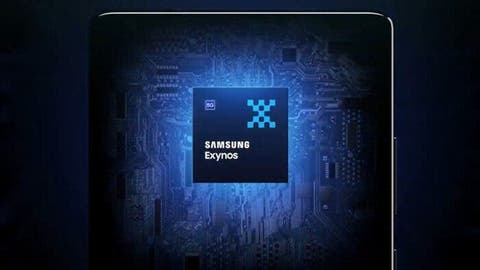Samsung Exynos 2500 has been in the making for a while now. The company had plans to equip the vanilla and Plus models of its upcoming Galaxy S25 series with this next-gen chipset. However, recent reports suggest that production issues with the SoC might force Samsung to use Snapdragon chips across the entire lineup.
The low yield of the Exynos 2500 chips could hinder Samsung’s ability to manufacture enough units for the timely launch of the Galaxy S25 series. This potential change in plans would mark a departure from Samsung’s previous strategy of using both Exynos and Snapdragon chips in its flagship smartphones.
Samsung’s 3nm Yield Challenges and Potential Impact on Exynos 2500
Business Korea has shed some extra insight into the matter. The low yield of Samsung’s 3nm process could be contributing to the difficulties in producing enough Exynos 2500 chips. The exact yield numbers remain undisclosed. But it’s important to note that perfect yields are never achievable in the chip industry. There are many factors behind it. For example, you have to consider wafer cutting and quality control.
If Samsung decides to use Snapdragon chips across the Galaxy S25 lineup, it would further impact its semiconductor business. The company has already faced setbacks, such as losing orders from Nvidia and Apple. They have turned to TSMC for their AI-enabled chips.
The challenges faced by Samsung’s 3nm process highlight the competitive landscape in the semiconductor industry and the importance of maintaining high yields for successful chip production.
Samsung Galaxy S25 Series Could Also Turn to Dimensity 9400
Samsung has used MediaTek chips in its mid-range smartphones before. But recent indications suggest that the company might consider the Dimensity 9400 for at least one of the Galaxy S25 variants. A blog post on Google DeepMind’s website has shared some insight into this. It mentions MediaTek’s collaboration on the Dimensity Flagship 5G, which isin Samsung mobile phones.
The challenges faced with the Exynos 2500 production could be the reason behind this shift. In the new series, the Galaxy S25 Ultra could feature the Snapdragon 8 Gen 4. As for the other models, the Dimensity 9400 could provide a comparable performance. In some instances, the MediaTek chipset can even be a better pick.
The potential adoption of the Dimensity 9400 in the Galaxy S25 series would mark a significant step for MediaTek, as it would demonstrate the company’s ability to provide high-performance chips for flagship smartphones.

